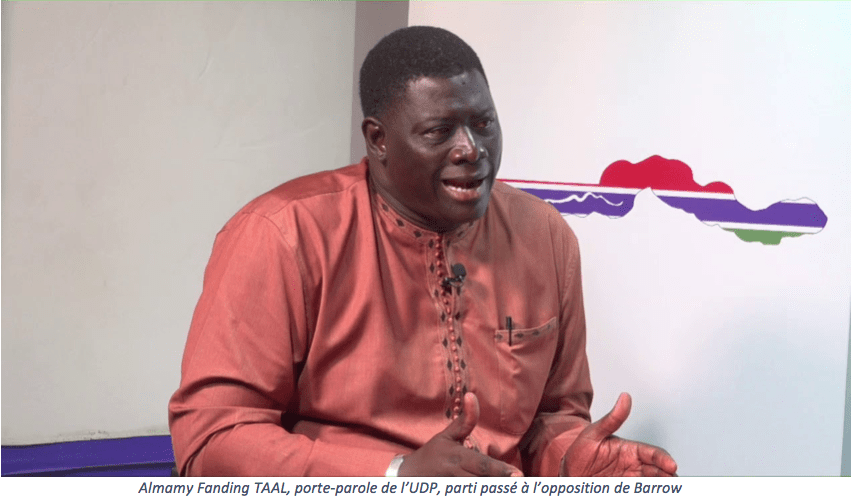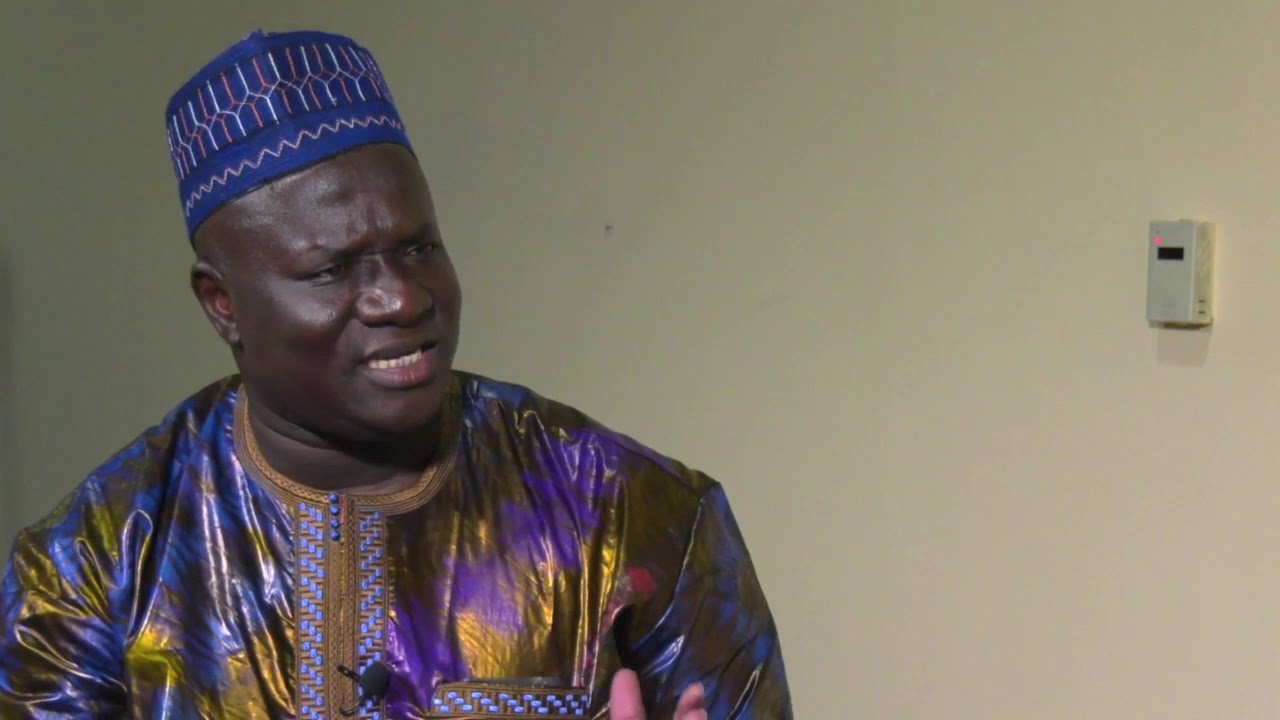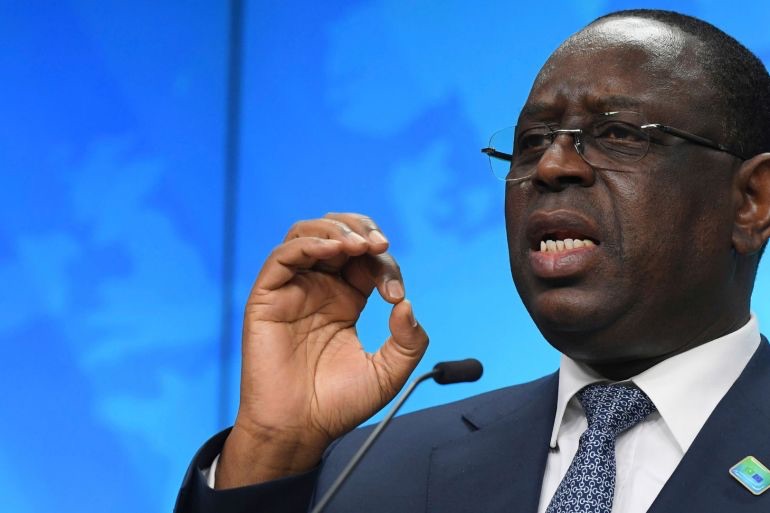By: Momodou Justice Darboe
The UDP said the Local Government Commission of Inquiry has exposed the “weaknesses” of institutions of state and the urgency for local government reforms.
The revelations from the Local Government Commission of late have apparently left many UDP supporters scratching their heads in embarrassment as the councils that they touted as models of a future UDP government continue to be linked to suspected corrupt practices and flouting of due processes.
The UDP-led Mansakonko Area Council has yet to publicly deny whether or not it procured a bag of rice at D6000 as narrated before the LG Commission.
KMC and BCC, hitherto seen as barometers to gauge UDP’s ability to manage public funds, have also yet to comment on a string of procurement malpractice allegations against them.
But according to the Spokesperson of UDP, Almamy Taal, the LG Commission has only thrown the lid off the challenges confronting the central government.
“When you talk about the GPPA and when you talk about the Local Government Act, these are all acts that were made by the National Assembly. These are national laws. So, the processes that are involved there…their weaknesses or lack of effectiveness cannot be put on the doorstep of the local government leaders,” Taal told The Voice when contacted for comment on the startling revelations against UDP-led councils.
He added: “We all know that even the CEOs are appointed by the Local Government Commission. Almost all the technical staff are appointed by the Local Government Commission. Yes overall, the supervision of the council and the management of the council goes to elected councillorsand the chairmen or mayors. So, what we need to discuss after the commission of inquiry is: what recommendations are they going to make? How do we strengthen the local government so that accountability and responsibility are actually in the hands of elected local government leaders because the reforms in the local government that we have been calling for would mean that at the end of the day, the local government leaders, who are elected, will be accountable for everything?”
According to Taal, failure in governance always goes back to institutional design.
“You talk about the GPPA… they have a law that manages their affairs. You talk about local government…there is Local Government Commission that talks about the personnel. So, if at all you have an issue with the performance of one chairman or one councilor or one mayor, it would come out in the recommendations of the commission of the inquiry,” he stated.
Taal, however, pointed out that it’s his perspective and that of the UDP that local government is in desperate need of reforms.
“It’s my own perspective and the perspective of the UDP that local government is in need of dire reforms because you have a mismatch. You have an elected council with an elected mayor or chairperson, and thereafter they have to go with, like, a begging bowl to the central government so that they can run their affairs. Local government everywhere is focussed now more on decentralization of giving more responsibility and more accountability in a transparent way of the use of resources of communities. So, this is what is needed to be looked into,” he pointed out.
“I think GPPA needs fundamental reforms. The Local Government Act also needs to be fundamentally reformed with more autonomy going to the local government authorities so that if they have autonomy of action and autonomy of resources, it is easier to take them to account,” added Taal.
When put to him that mayors and chairpersons cannot be oblivious to procurement malpractices at their councils, Taalreplied: “The only time I heard the mayor heard about malpractice or saw malpractice, he took it to the police. And the person that was involved in that malfeasance was brought back and the office was broken into by the central government. I don’t know why that is not being discussed. Why officers that are appointed by the Local Government Commission and the Central Government are not being asked these questions? As far as I understand, there is a procurement committee and the mayor doesn’t sit on any of these committees. The mayor’s decisions are taken in the council in consultation with the management and the elected councilors. All the decisions that are taken are taken there. If there is malfeasance and it is brought to the attention of the mayor, like I said, he took the matter to the police. Now, this commission is doing its work. I think what would be fair is to allow them to do their work and come out with their recommendations.”





